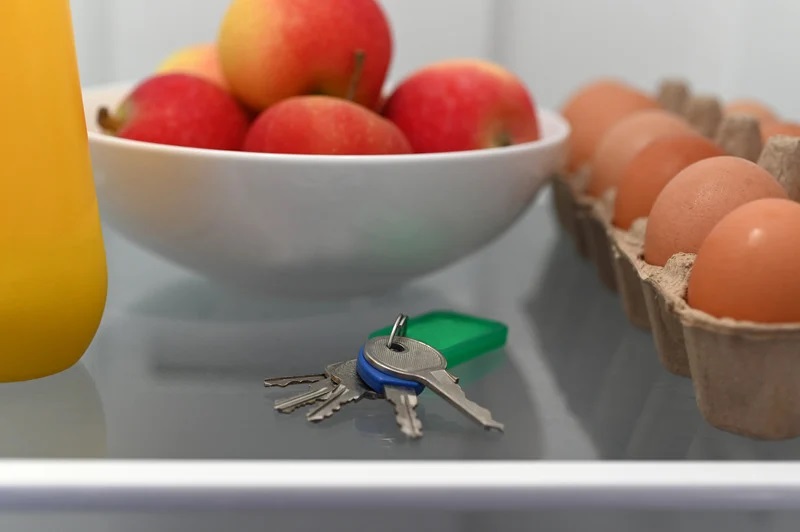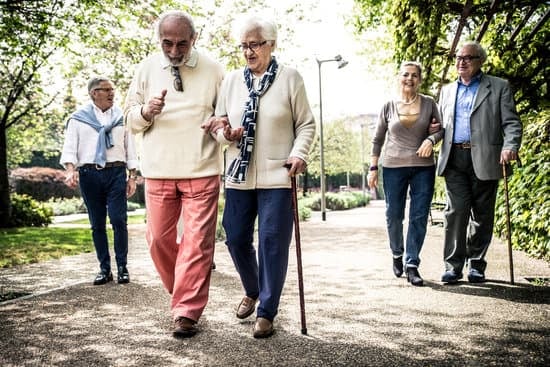
We hope you all had a fantastic Christmas day with your friends and family, or if you were alone, that you enjoyed the peace and quiet. We know many people who prefer a quiet one, so if that’s you, we hope quiet was delightful.* Some of you might still be doing lots of entertaining.
You may have had a chance to reflect on anything different you noticed about your loved ones whilst visiting them. You might be thinking about calling them to thank them for their hospitality, or if they weren’t hosting, calling them to make sure they got home ok, or to thank them for presents received. You’ll find a good reason to check in. Start on a positive note and then you can move on to mentioning whatever your concerns were. You can ask if they’ve been to their GP recently, or perhaps you could suggest they might think about a cleaner so they can enjoy their time rather than thinking about chores. Whatever it is, there will be a positive way to spin it and you’ll find it. Offer suggestions if they are receptive, but otherwise just keep checking in if they’re not yet ready.
If you have specific concerns or believe they need support you can’t give, do get in touch so we can help you work out the people who can point you in the right direction.
*If a quiet Christmas was too much, there are many places that offer companionship and Christmas dinners on Christmas Day, and we can help you find one for next year if you would like.



















